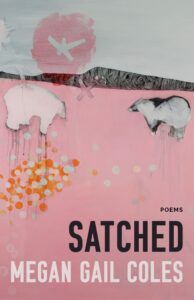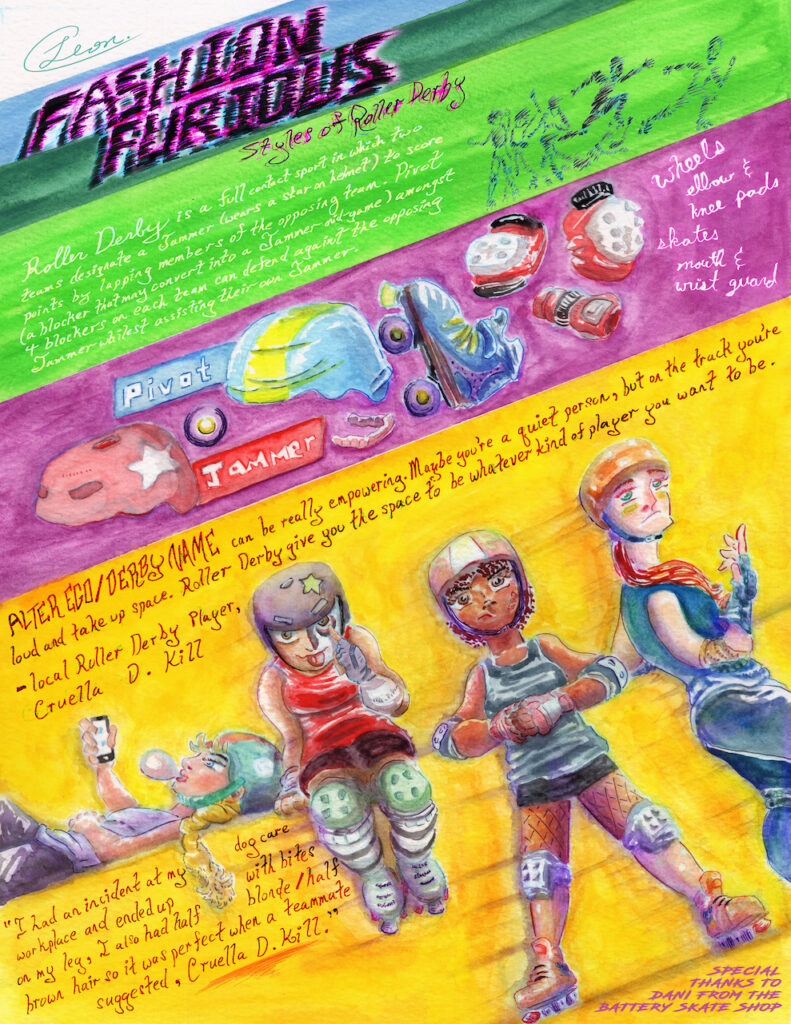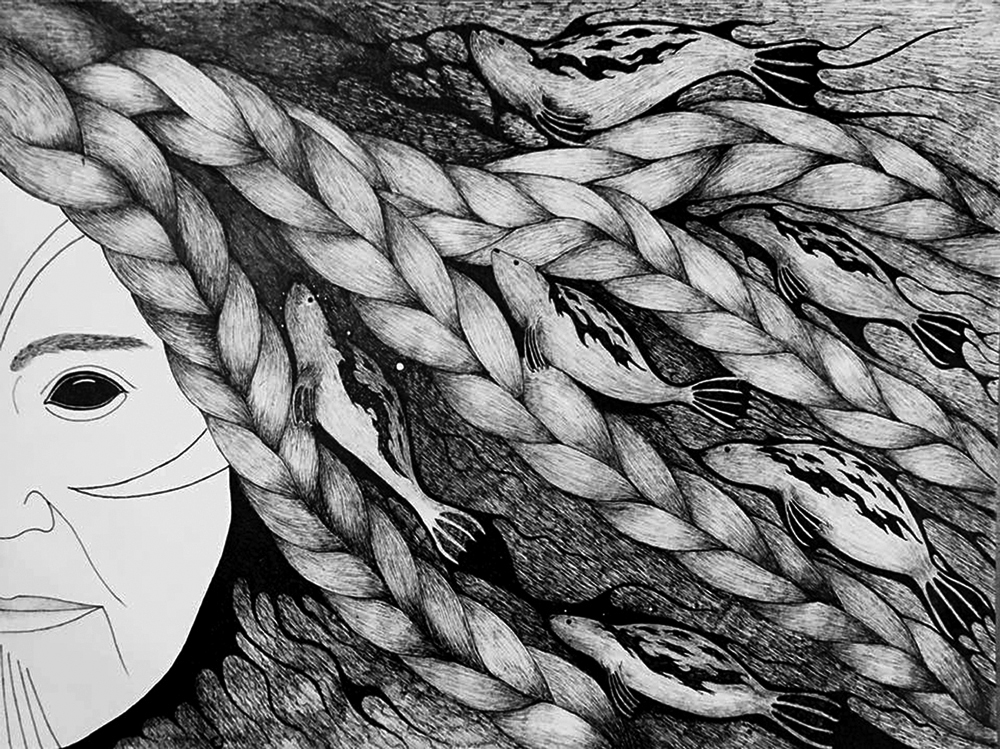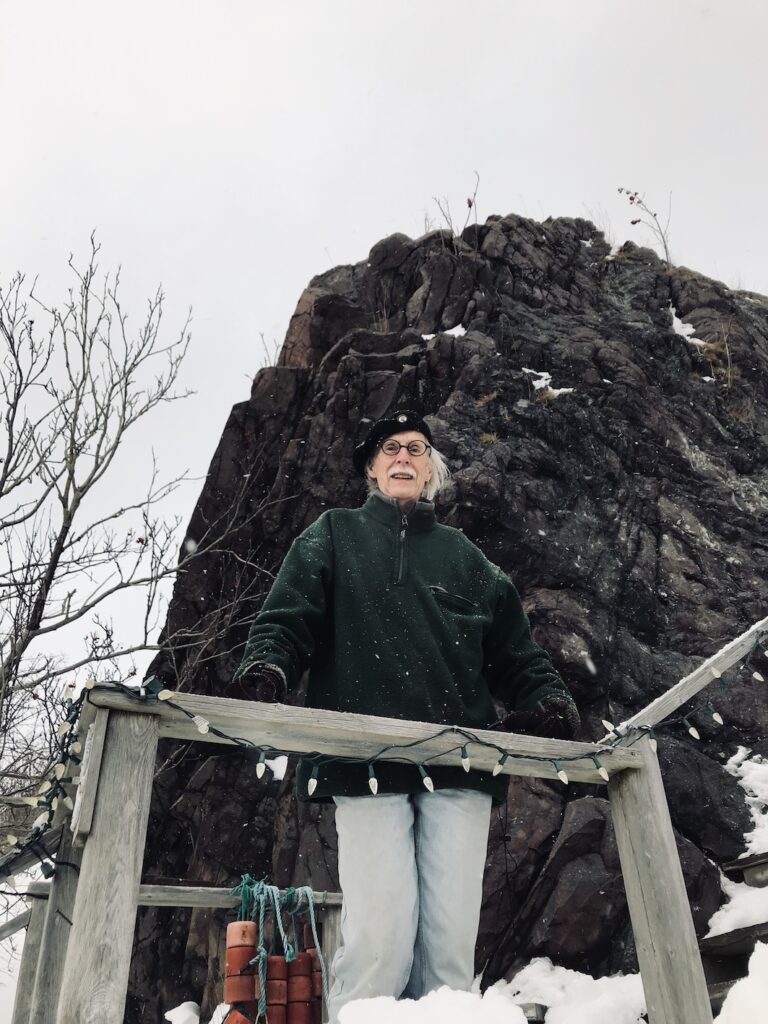Megan Gail Coles: Holding up the mirror
February 2021
You write plays, short stories, novels, and now poetry. What are the challenges and rewards of each form? What will readers find in your poetry that would be different from script or prose?
Each form presents its own unique challenges and rewards to be sure but often the subject matter dictates the form so part of my initial creative deliberation process is determining whether the content would be best served by a play, a short story, novel, or poem. If I were to oversimplify the obstacles for each, I would say a play is impossible until its structure is discovered, a short story is a balancing act of innovation and clarity, a novel requires the excess of self-discipline and time, and poems are decided where one chooses to cross or break the line. Again, this is oversimplification for the sake of answering the question. Everything is complex and specific onto itself. Each form is different for me as a writer, I rely on distinct tools to fully realize narratives within the form. The poems are certainly more self-reflexive than the other work as most are inspired by my lived experience. I am clearly present though I hold myself to the same rigour of accountability as I would any fictional character. The voices of my loved ones, my homes, and my memories are littered throughout. It is probably my most open form which is likely indicative of the fact it was my first form. I wrote my first poem for my parents when I was nine. My dad carried it around folded in his wallet for decades. Until it was tattered and nearly tissue thin in jeopardy of tearing through.
With your strong theatre background – you studied at the National Theatre School of Canada – did you first envision yourself as an actor? If so, what changed? If not, was that study always intended to be a tool in your writer’s kit?
I never wanted to be an actor. I always wanted to be the writer though I do, in retrospect, appreciate being forced to take acting classes while at theatre school if only for the fact that it cultivated insight into the acting process. It is very helpful as a playwright to have a grasp of the emotional and physical expectations you are placing on your cast. It aides you in making sophisticated and thoughtful choices. Which is like in everything. You should always foster an understanding of your co-workers’ roles as it will make you a stronger, more empathetic team member. That is not how I felt about acting class back then mind you. I openly criticized having to participate in improv and movement exercises because I couldn’t fathom how it would contribute to developing my craft. I was very vocal and annoying about my distain for it all as it made me feel vulnerable, incompetent, and self-conscious. This alone likely made me a better artist and a better person. I should probably apologize to Brian Drader and my acting cohort for the endless complaining I did. It all proved to be very useful. You never know what is correct and important when you are passionate and twenty-five.
How do you write scenes of such difficult material? Is it hard on you? Presuming that answer is yes, why do you write them?
Yes, it is very emotionally taxing to engage with difficult, violent, and triggering subject matter. It takes a lot out of me. I am not above yelling or crying. In fact, I cried through whole sections of Small Game Hunting. Some sections I will never read in public for that reason. But taking on this work is one way I contribute to improving the conditions that created the circumstances that inspired them so I keep after it even though it hurts. I believe that shifting narratives can shift ways of thinking which shifts ways of being. We have to conceptualize a different possible future in order to realize it. Part of that process is acknowledging present realities. This is the role I play in my community as a storyteller. I hold up the mirror even if it is heavy and at risk of shattering atop me. After what comes comes, I try to be kind to myself. Distract myself with comforts. Lately, I watch a lot of basketball with my husband. We’ve abandoned all pretence of keeping the dogs off the sofa since the pandemic started. They think it’s their couch now.
You’re very precise with your language. What Newfoundland and Labrador words are your favourites? Are there any you’d like to see used more?
I almost called the poetry collection pemishing because it is a word from my youth that encapsulates the silencing and compartmentalizing I feel is prevalent throughout Newfoundland. Ultimately the word was determined to be too obscure even for a poetry collection. It is broadly used on the Great Northern Peninsula but not necessarily in popular usage in other regions. So I went with satched instead because it is a fabulous word and perfect for the work.
What’s next for you?
I am writing a play about Muskrat Falls and a collection of short stories while working away at my PhD and running Riddle Fence. Busy busy.
Megan Gail Coles’ debut novel, Small Game Hunting at the Local Coward Gun Club won the 2019 Winterset and was shortlisted for the Giller Prize. Her poetry collection Satched is forthcoming from House of Anansi Press.




